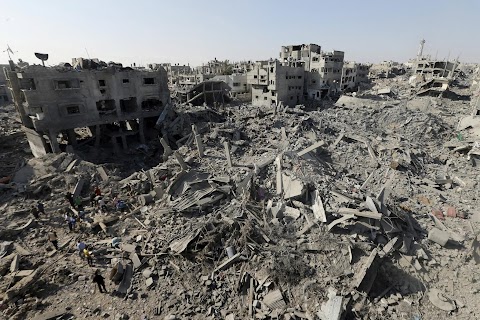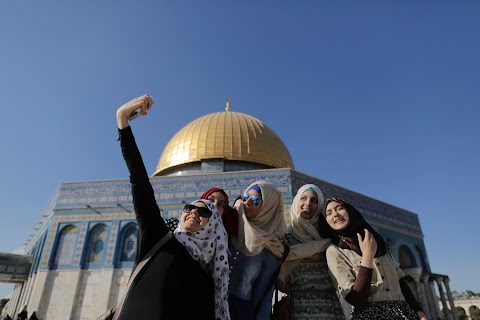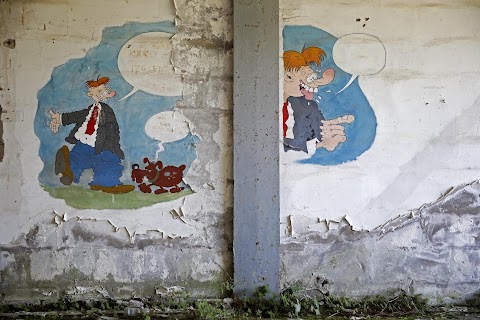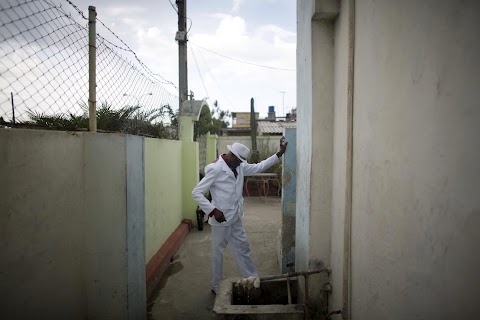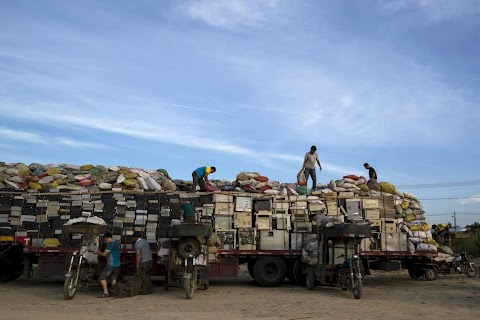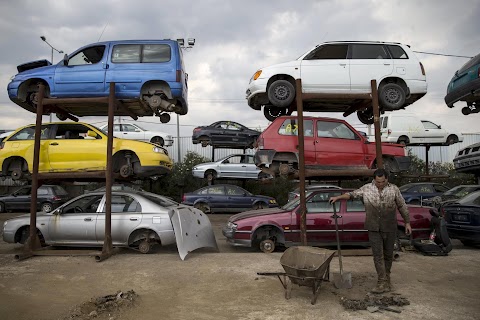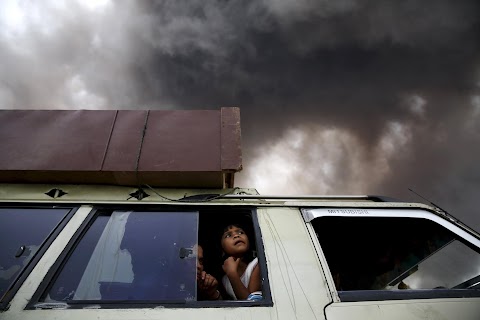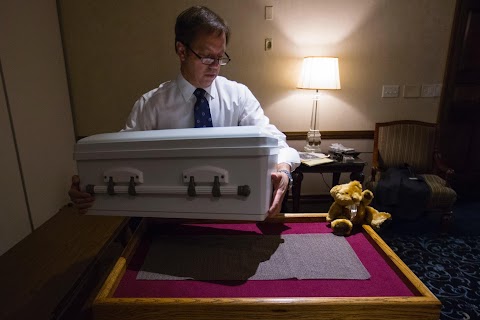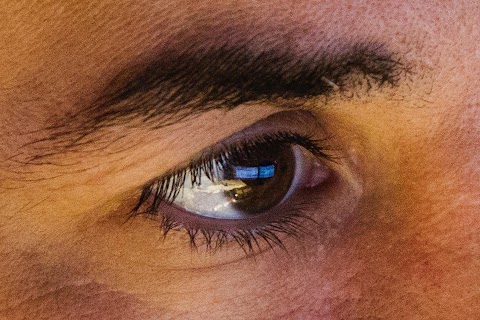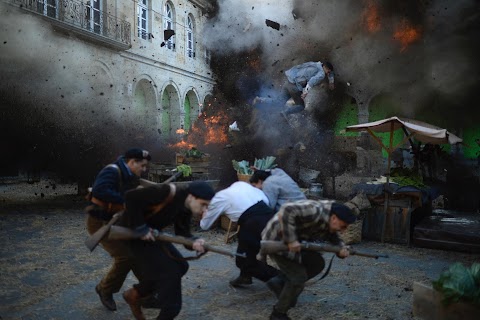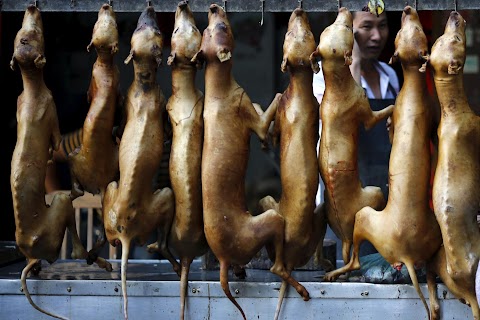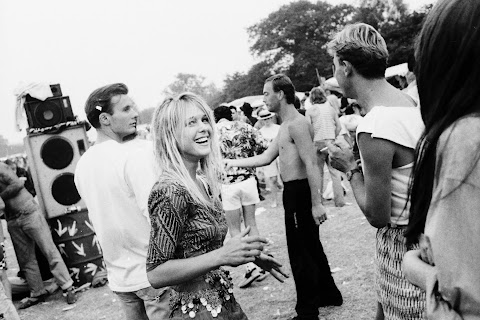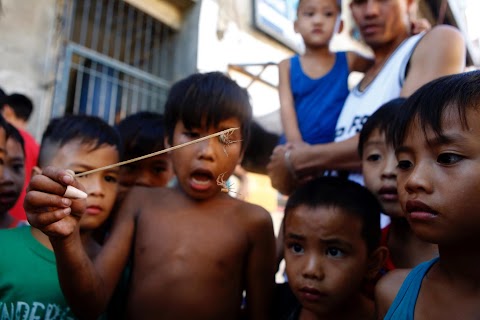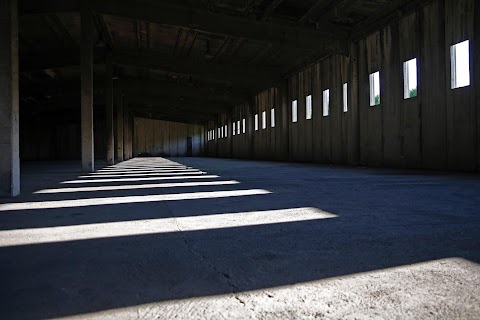
Srebrenica: an open wound
Some bodies lay in plain sight on the floor of the forest when Dr Vedo Tuco, a forensic pathologist, entered Srebrenica at the end of the Bosnian war. Others he's still digging for - 20 years later.
"It was so quiet, there wasn't even the sound of the birds," Tuco, 48, said last month as a digger probed for bones in the yard of an empty house. "Once I started, I never stopped."
On July 11, Bosnia marks the 20th anniversary of Europe’s worst mass killing since World War Two - the slaughter of 8,000 Muslim men and boys by Bosnian Serb forces during five July days in 1995.
Story
Even now, the forests and farmland around Srebrenica are yielding bones: over 1,000 victims are missing, tossed into pits then dug up months later and scattered in smaller graves by Bosnian Serb forces trying to conceal the crime.
Investigators believe at least one more big grave eludes them, while the accused architects – Bosnian Serb wartime leader Radovan Karadzic and military commander Ratko Mladic – are still standing trial at the United Nations war crimes tribunal in The Hague, fiercely unrepentant.
As such, Srebrenica remains an open wound, the lack of closure a dark shadow over Bosnia, where many Serbs still dispute what went on.
"I found and buried my husband, but have yet to reach my son."
Hajra Catic’s son Nino was 26 years old when Dutch U.N. peacekeepers abandoned the 'safe haven' of Srebrenica to Mladic on July 11, 1995.
"If I don't find him, if I don't have his grave ... they deny, they deny so many were killed, they can say tomorrow that I never even had him."
Story
For Muslim Bosniaks, Srebrenica has become a symbol of collective suffering. Serbs see it as a stick for the world to beat them with; many dispute the death toll and deny it was genocide, as the U.N. tribunal has ruled.
Milorad Dodik, president of Bosnia's autonomous Serb Republic, last month called the massacre "the greatest deception of the 20th century".
He and Serbia have enlisted big-power ally Russia to block a British-drafted U.N. Security Council resolution condemning any denial of Srebrenica as genocide.
Insisting the resolution would not pass, Serbian Prime Minister Aleksandar Vucic announced on Tuesday that he would attend the anniversary commemoration.
Story
"An entire generation has come of age with the denial of accountability often presented as the only 'truth,' and that is disconcerting," said Dijana Jelaca of St. John's University in New York.
Jelaca said Srebrenica had become a tool by which political leaders on all sides whip up tensions, score political points and divert attention from the political and economic stagnation that has characterised the last decade in Bosnia.
Even so, a landmark court case is scheduled in Serbia this year.
Tuco, who works for the Bosnia-based International Committee for Missing Persons, is due to give testimony at the trial of seven Serbs, who in March were among the first alleged Srebrenica gunmen to be arrested in the country.









































